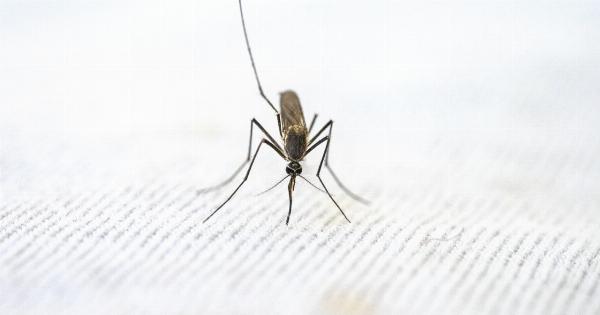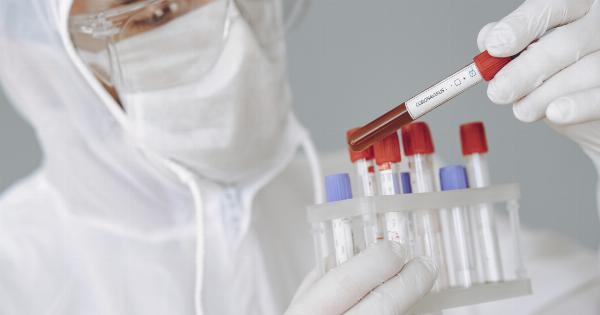Malaria is a mosquito-borne infectious disease that is caused by parasitic protozoa of the Plasmodium genus. The disease causes fever, chills, and flu-like symptoms and can be life-threatening if not treated promptly.
Malaria is transmitted through the bites of infected female Anopheles mosquitoes. In this article, we’ll take a closer look at how malaria spreads and affects the body.
How Does Malaria Spread?
Malaria is transmitted through the bites of female Anopheles mosquitoes. These mosquitoes become infected with the Plasmodium parasite when they bite a person who already has malaria.
Once infected, the mosquito can transmit the parasite to other people by biting them.
In addition to mosquito bites, a person can also contract malaria by receiving a blood transfusion from an infected person or by sharing needles or syringes that have been contaminated with infected blood.
Pregnant women can also transmit malaria to their unborn children.
The Four Types of Malaria
There are four types of malaria that can infect humans:.
Plasmodium falciparum
This is the most deadly form of malaria and accounts for the majority of deaths from the disease. It can cause severe anemia, kidney failure, and other serious complications.
Plasmodium vivax
This form of malaria can cause recurrent episodes of fever and chills that can last for weeks or months.
Plasmodium ovale
This form of malaria is rare and typically causes mild symptoms that last for a short period of time.
Plasmodium malariae
This form of malaria can cause recurring episodes of fever and can last for several days.
The Symptoms of Malaria
The symptoms of malaria can vary depending on the type of parasite that is causing the infection. However, some common symptoms of the disease include:.
- Fever
- Chills
- Sweating
- Headache
- Nausea and vomiting
- Muscle pain
These symptoms typically appear within a week or two after a person has been bitten by an infected mosquito. They can also appear weeks or even months after a person has been exposed to the parasite through contaminated blood or other means.
The Complications of Malaria
If left untreated, malaria can lead to serious complications, including:.
- Cerebral malaria: This is a serious complication of falciparum malaria that can cause seizures, coma, and brain damage.
- Organ failure: Malaria can cause liver, kidney, and lung failure in severe cases.
- Anemia: Malaria can cause the destruction of red blood cells, leading to anemia.
- Pregnancy complications: Malaria can cause miscarriage, stillbirth, and premature delivery in pregnant women.
The Diagnosis of Malaria
Malaria can be diagnosed through blood tests that look for the presence of the Plasmodium parasite. These tests can identify the type of parasite that is causing the infection, which can be helpful in determining the appropriate treatment.
The Treatment of Malaria
The treatment of malaria typically involves medication that is designed to kill the Plasmodium parasite. The type of medication that is used will depend on the type of parasite that is causing the infection.
Some medications that are commonly used to treat malaria include:.
- Chloroquine
- Quinine
- Mefloquine
- Artemether-lumefantrine
- Doxycycline
In addition to medication, people with severe cases of malaria may need to be hospitalized for supportive care. This may include IV fluids, oxygen therapy, and blood transfusions.
Preventing Malaria
The best way to prevent malaria is to avoid mosquito bites. This can be done by:.
- Using insect repellent
- Covering your skin by wearing long sleeves and pants
- Sleeping under a mosquito net
- Using screens or netting on doors and windows to keep mosquitoes out
If you are traveling to an area where malaria is common, you may also be prescribed medication to prevent the disease. Some medications that are commonly used for this purpose include doxycycline, mefloquine, and atovaquone-proguanil.
Conclusion
Malaria is a serious disease that can be life-threatening if not treated promptly. The disease is spread through the bites of infected mosquitoes and can cause a wide range of symptoms and complications.
Fortunately, malaria can be prevented through the use of insect repellent, mosquito nets, and other preventative measures. If you think you may have malaria, it is important to seek medical attention right away to receive appropriate treatment.



























